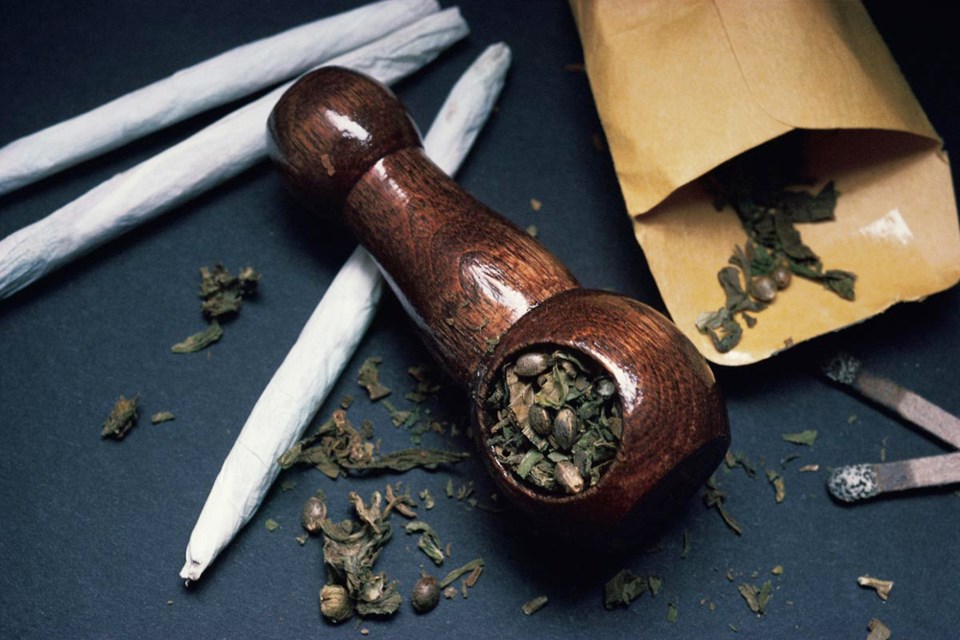With Oct. 17 and the legalization of pot approaching, we have much to celebrate and also much to ponder.
Canada adopted the American criminalization of marijuana in the Reefer Madness days of the 20s and 30s because that is what we did. We, as mice, did as we were told by the elephant south of the border. No research – American or otherwise – validated the vilification of pot. It is arguable that anti-marijuana laws were racist in origin, because in the early part of the 20th century, African-Americans were targeted for all manner of “antisocial” behaviour; consumption of the demon weed was one.
So, we have turned a corner as an enlightened nation. As such, we owe ourselves the duty to ask what our newly minted law may mean. As this column deals principally with mental health issues, I will toss out a couple of ideas (and perhaps some unwelcome research outcomes) for discussion.
Pot is undeniably good for folks whose mood might be lower than they’d like. The euphoria and all-round sense of ease THC (the psychoactive component) creates can only be a good thing. However, in my view, the sense of well-being we seek is best found in non-chemical ways. Certainly, it seems better to go for a hike in nature than to coat our lungs and pollute our blood with cancer-causing volatile combustion products.
But onto the research, which deals in large part with marijuana consumption and bipolar disorder – or, as it currently called, “bipolar spectrum disorder,” as there are currently four recognized varieties of this illness.
First, research shows that marijuana use is statistically more prevalent in folks who live with bipolar than in the population at large or those living with other mental illnesses. Why this is so has been subjected to close attention, but because the data are subjective, few satisfying interpretations have been reached. Interviews with three pot-smoking folks living with bipolar have told this reporter that any long-term hazards associated with marijuana use are mitigated in the short term by the sense of ease and contentment created by THC.
Now, on to those negative things.
Research (I’d be glad to supply the list of scholarly articles I here summarize) shows that in bipolar patients, marijuana use can lead to exaggerated and rapidly cycling mood states, psychosis, a decrease in the remission of symptoms, and an overall decrease in what is called “global functioning.” This simply means that behavioural control and the ability to maintain acceptable patterns of thought are diminished.
Further, research shows that with increased use of marijuana, folks with bipolar face poorer therapy/treatment outcomes, greater risk of suicide, higher rates of hospitalization, and a general increase in the degree and frequency of both manic and depressive symptoms. These, naturally, lead to increased levels of overall disability.
Where should an understanding of this research lead us? Ought we to reconsider the legalization of pot because it will lead to increased consumption among the vulnerable mental health community?
I say, emphatically, no way.
Alcohol is legal. Tobacco is legal. Access to other psychoactive medications is legal.
It would be paternalistic in the extreme to single out pot for legal sanction because it has negative consequences for folks living with a mental illness.



